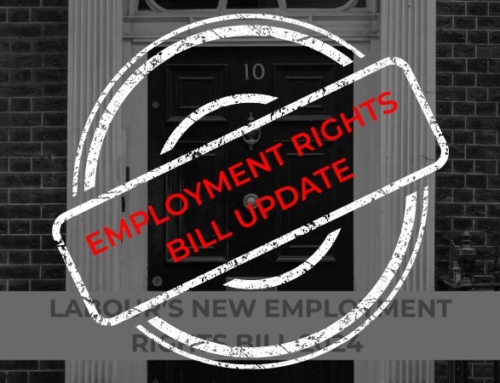In a recent development for workers’ rights and workplace equality, the Worker Protection (Amendment of Equality Act 2010) Bill received Royal Assent on 26th October 2023.
The Act is exclusively concerned with sexual harassment and this focus reflects a targeted effort to address and mitigate one of the most pervasive and damaging issues in the workplace. By concentrating on sexual harassment, the Act aims to foster safer and more respectful work environments.
When does the new law come into effect?
The new law will come into force in October 2024, giving employers time to prepare for compliance.
What is expected of Employers?
The changes focus on the responsibilities of employers in the UK concerning workplace sexual harassment. A proactive duty on employers will be introduced which requires them to take “reasonable steps” to prevent sexual harassment in the workplace. This marks a shift from a reactive to a more preventative approach.
What do employers need to do to prepare?
The introduction of this Act necessitates a review and potential overhaul of existing policies and practices. Employers are now required to proactively identify and mitigate risks of sexual harassment rather than merely responding to an incident or a claim.
This could involve training programs, clear reporting mechanisms, and a cultural shift towards zero tolerance for harassment.
Are there implications for Employers that do not comply?
The new legislation grants Employment Tribunals enhanced authority, particularly in cases of sexual harassment. Tribunals can uplift compensation awarded in such cases by up to 25% if an employer is found to have breached their duty to prevent such harassment. These financial implications are considered a significant deterrent for employers who fail to maintain a harassment-free workplace. On top of this, companies could face enforcement action by the Equality and Human Rights Commission (EHRC).
The impact of the Act is expected to be substantial. By imposing a proactive duty on employers and shifting the focus to prevention, enhancing the powers of Employment Tribunals, and increasing the potential penalties for non-compliance, the Worker Protection (Amendment of Equality Act 2010) Act 2023 aims to reduce the incidents of sexual harassment in the workplace. This, in turn, can contribute to more respectful, safe and productive work environments across England, Wales, and Scotland.
Employers need to be aware of these changes and take action now to ensure compliance by October 2024.
How can our team at Backhouse help?
If you are an employer and need legal advice to ensure you are taking the right steps to comply or require us to draft or amend policies and procedures to ensure greater proactivity, or if you are an employee and have any questions regarding the new amendments and how you could be affected, please contact our expert Employment Law team.
Tel: 01245 893400
Email: info@backhouse-solicitors.co.uk
Visit: 17 Duke Street, Chelmsford, CM1 1JU
Or send us a message through the Contact Us page on this website.






